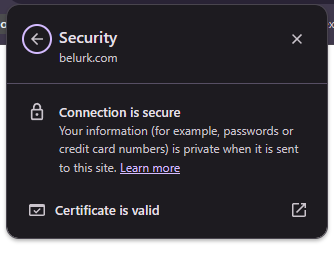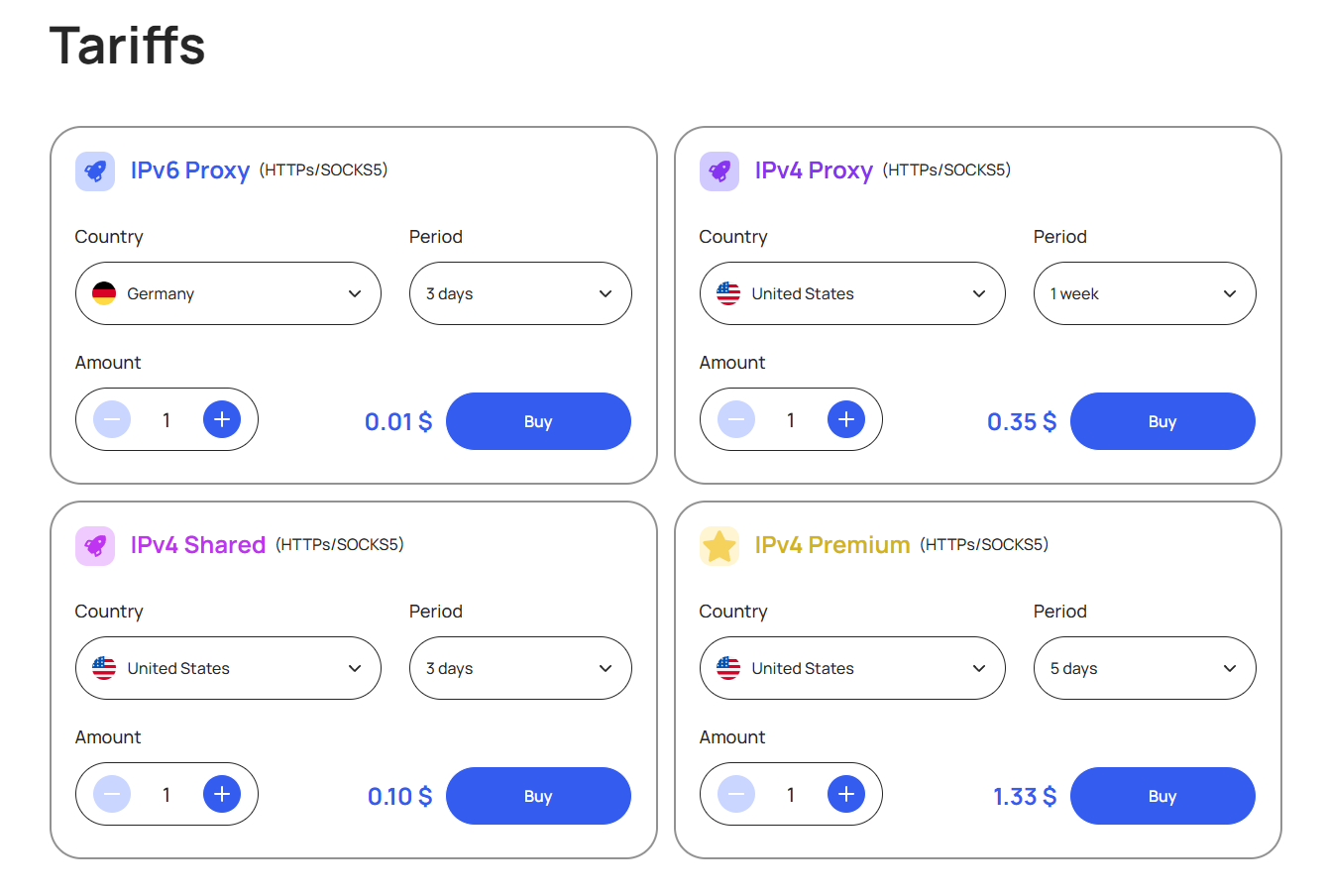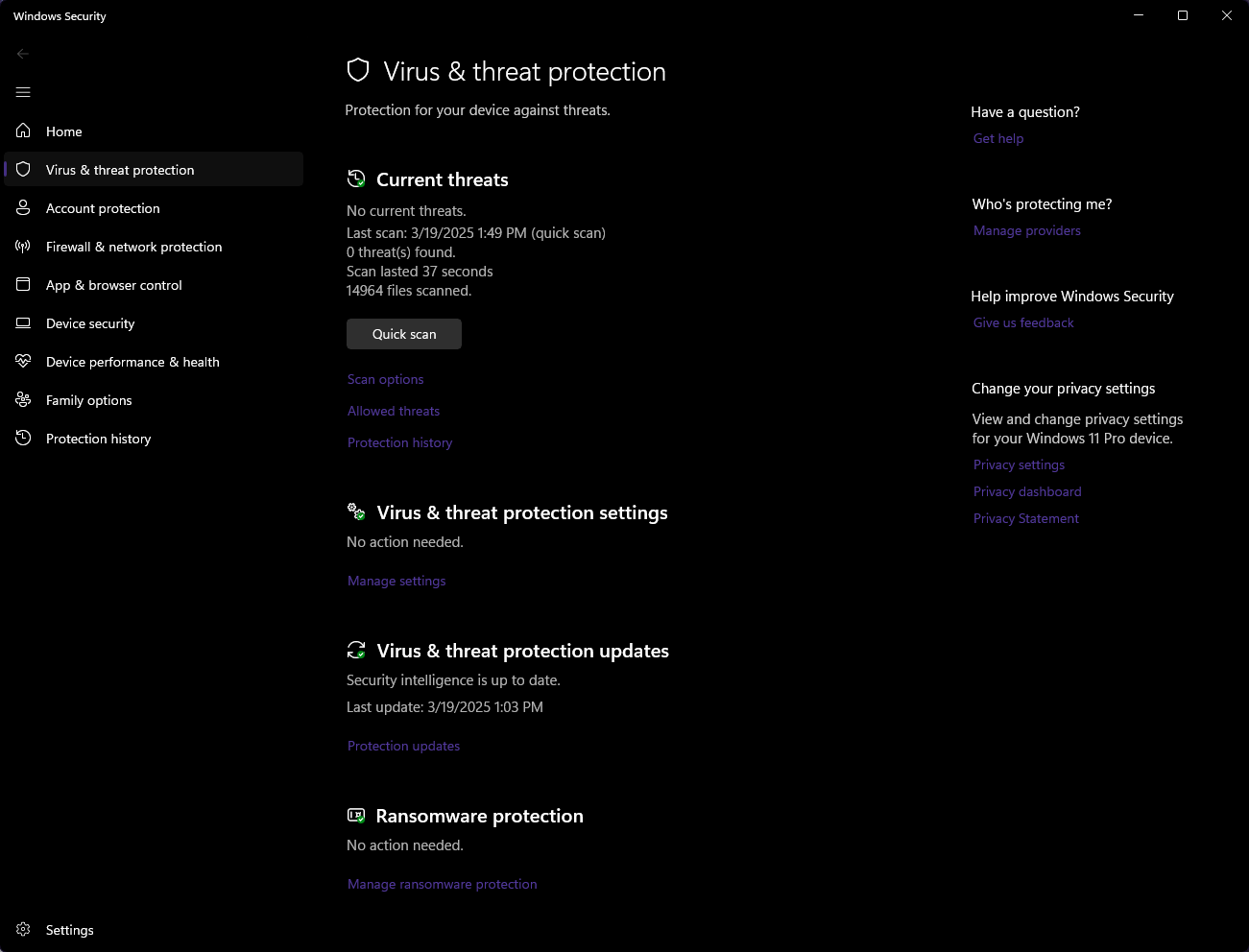The 10 most important rules of online safety
20.03.2025In the modern digital world, there are numerous threats that can negatively impact the security of your data and finances.
1. Data Breaches
Data breaches occur when confidential information (such as passwords, credit card numbers, personal data) falls into the hands of malicious actors. This can happen due to security flaws on websites or because users themselves do not protect their information.
2. Phishing
Phishing is a fraudulent method where attackers attempt to deceive users into providing confidential data by sending fake emails or creating fake websites. Users, falling for the tricks, enter their data, which is then used against them.
3. Online Fraud
Online fraud includes various deceptive schemes, such as selling non-existent goods or services, fake lottery winnings, and other methods used by scammers to extract money from unsuspecting users.
4. Malware
Malicious software (viruses, trojans, spyware) can damage your computer or steal data. Malware is often distributed through suspicious links, downloads, or emails.
The proxy service Belurk offers a range of benefits that can help protect you from the aforementioned online threats:
- Anonymity online. Using a proxy service hides your real IP address, making you less visible to attackers and reducing the risk of phishing attacks. Check your anonymity
- Data encryption. Belurk encrypts your internet traffic, protecting your data from interception. This is especially important when using public Wi-Fi networks, where risks are high.
- Content filtering. Belurk can help you avoid malicious sites by automatically blocking access to resources marked as unsafe. This reduces the likelihood of accidentally visiting phishing sites or downloading malware.
- Protection against data leaks. Using a proxy service can prevent data leaks, as your personal information remains hidden from the sites you visit. This level of protection helps maintain your online security.
- Flexibility and high speed. Belurk offers fast and reliable connections, allowing you to work safely online without losing performance. You can use the proxy to connect to the necessary resources without delays.
Online Safety Rules**
1. Strong passwords and two-factor authentication (2FA)
Creating strong passwords is the foundation of your security. 80% of all data breaches occur due to weak or stolen passwords. A good password should be at least 12 characters long, include uppercase and lowercase letters, numbers, and special characters.
Additionally, use 2FA to enhance your security. According to Google, enabling two-factor authentication reduces the likelihood of unauthorized access by 99%.
2. Using secure Wi-Fi networks
Public Wi-Fi networks can be unsafe, making you vulnerable to attacks. It is better to use private or secured networks, such as home Wi-Fi with WPA3 protection, whenever possible.
3. Regular software updates
Continuously update your software and applications. Most attacks exploit vulnerabilities in outdated software versions. According to the Ponemon Institute, over 60% of companies have faced security incidents due to outdated software. Automatic updates will help protect you from new threats.
4. Checking visited websites
Before entering your personal data, ensure the site is secure. Look for "HTTPS" and the padlock icon in the address bar.

Also, check for the presence of the PCI DSS (Payment Card Industry Data Security Standard) certificate for payment-accepting sites.
5. Caution when visiting websites
Be mindful of the sites you visit. Verify the correctness of domains to avoid phishing sites. For example, fbi.gov and fbi.com may seem similar, but the latter is fraudulent.
6. Using a proxy
To protect your privacy, use proxy services or traffic tunneling tools. These tools encrypt your internet traffic, maintaining your anonymity. Statistics show that using these methods reduces the risk of data leaks by up to 56% by adding an extra layer of protection.

Check if your proxy is working here.
7. Do not neglect backups
Regularly backing up your data to the cloud protects you from data loss due to ransomware attacks or other incidents.
8. Checking publications
Be cautious about what you post online. Avoid sharing personal data such as addresses or phone numbers. Remember, information online can become accessible to everyone, and deleting it can be difficult or impossible.
9. Verifying information
Before trusting information found online, verify the sources. Use only authoritative sites and trusted sources to avoid misinformation.
10. Using reliable antivirus software
Always install reliable antivirus software to protect yourself from malware and viruses. Regular scans provide additional protection for your data. For the average user, Windows Defender is usually sufficient.

By following these simple rules, you can significantly enhance your online security. Remember, your actions and awareness of threats can greatly strengthen your protection against various online risks. Stay vigilant and stay safe!
Try belurk proxy right now
Buy proxies at competitive prices
Buy a proxy